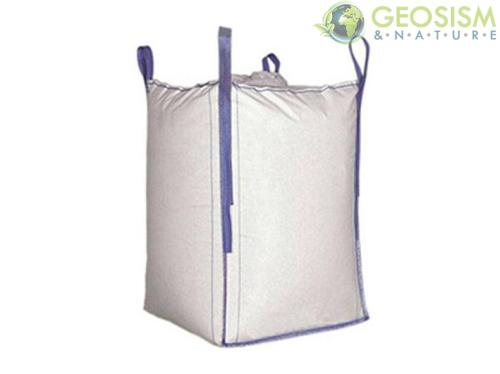Sand pumice 0/3 mm (c.ca 1000 kg - 1000 lt)
PUMICE IN SAND 0/3 mm (1000 lt).
Pumice and lapilli are the product of explosive volcanic eruptions formed as a result of a violent expansion of gases dissolved in lava of acidic chemical composition: the rapid cooling of the rock prevented its crystallization, trapping the gases inside and generating minerals alveolar expanded in a more or less accentuated way.
In fact, during the solidification phase, the vapors present in the magma, suddenly released, caused the swelling of the entire mass of magma and it is during this rapid cooling phase that the differences in the physical structure of the various volcanic aggregates were determined: the volcanic lapilli it was formed from a magma with a lower silica content.
The lower viscosity and the slower cooling of the lava facilitated the escape of a certain quantity of the gases present in the magma.
Minerals were formed characterized by emptiness with an average diameter greater than those of pumice but of a decidedly lower number.
MEDIUM CHEMICAL ANALYSIS
SiO2: 62.5%
Al2O3: 17.5%
K2O: 9.5%
Fe2O3: 2.6%
CaO: 2.5%
Na2O: 2.2%
TiO2: 0.5%
MgO: 0.4%
TECHNICAL FEATURES
pH : 6.5 - 7.0;
CATION EXCHANGE : 30 meq / 100g.
FUNCTIONAL CHARACTERISTICS AND FIELDS OF USE
Lightweight natural inert, ideal for:
? rooting substrate (sowing, cuttings, transplants, soilless crops and hydroculture);
? preparation of universal molds;
? preparation of specific soils (annuals, acidophilic plants, succulents, houseplants, lawns?);
? preparation of professional soils for outdoor horticultural nurseries and protected crops;
? mulch flower beds or areas of the garden where you want to avoid the growth of grasses or weeds;
? hydroponic crops;
? land amendment;
? hydroculture;
? drainage;
? support surface for vases;
? thermal insulation.
NB: NEWS ABOUT PACKAGING AND QUANTITY OF MATERIAL
It should be noted that the aggregate is packaged by the manufacturer in big bags that can vary in shape, type and color depending on the availability on the market (therefore the photograph of the big bag is entirely indicative: it is only the container of the material ). The aforementioned big bags contain material that has a variable weight depending on the humidity contained (due to the climatic conditions during extraction inside the quarry) and depending on the specific weight of the material itself (which varies according to the extraction point 'interior of the quarry: the material, being of natural origin, has chemical-physical characteristics that may vary slightly during the geological period of formation).












